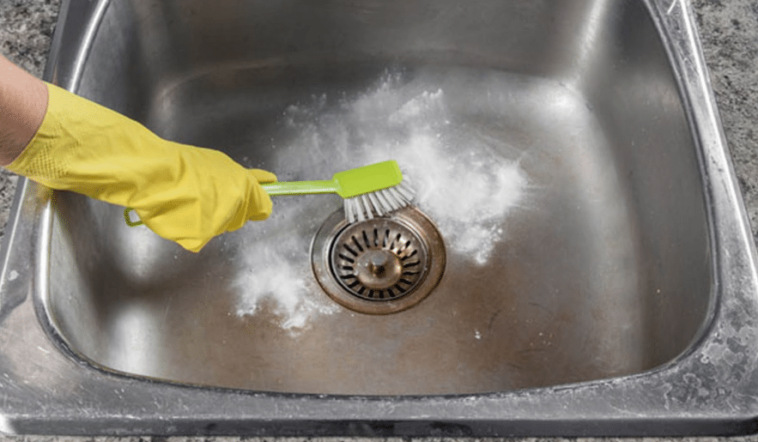Nothing tarnishes the beauty of a kitchen or bathroom more than a stainless steel sink covered in water stains and limescale deposits. However, a stainless steel sink is durable and does not suffer from rust. On paper, it has everything going for it, but its brilliance is deserved… Yes! cleaning and polishing a stainless steel sink is an art! To do this, we have already told you about the very effective tip of using baby oil. However, there are other, more natural and even more affordable solutions. So, if you’re wondering how to clean and shine your stainless steel sink without hurting your budget and polluting your interior with chemicals, follow the guide!
1) Grandmothers’ favorite method for making a sink shine? The potato of course!
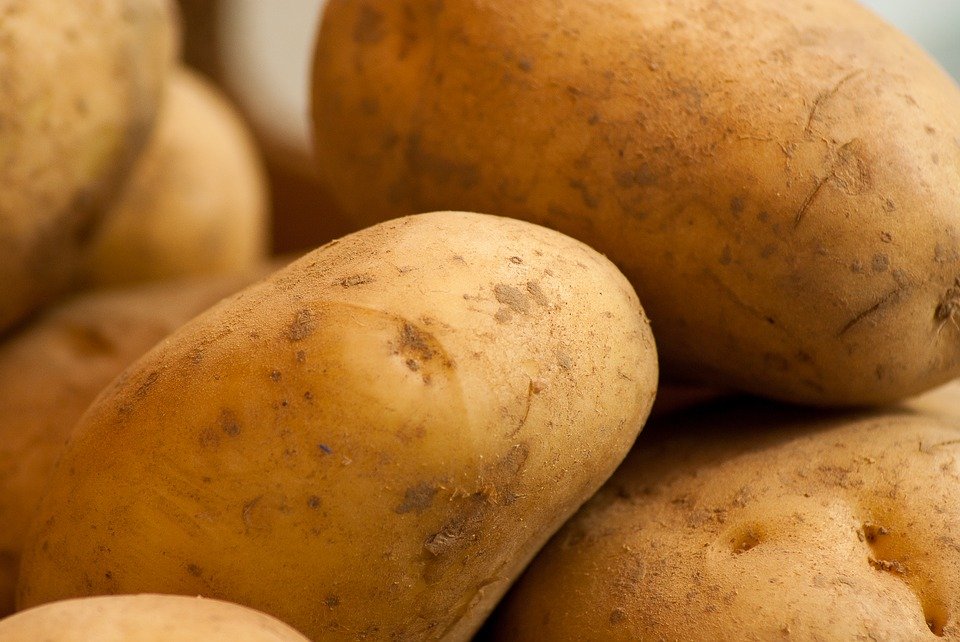
This may seem rather unusual, but there is nothing better than this good old potato for achieve sparkling shine. And after all, isn’t it ideal to obtain the desired results with an affordable food that we already have in our cupboards? So, don’t hesitate any longer! When preparing your next gratin or homemade fries, set aside a nice slice or large peels. Then scrub the sink and leave for a few minutes. Afterwards, rinse well and dry. Besides, you can do this same technique with a leftover lemon that you don’t know what to do with. Here, use the peel with what’s left of the flesh or pour a little lemon juice on a sponge to scrub. Shine guaranteed!
2) To clean encrusted stains while making your sink shine
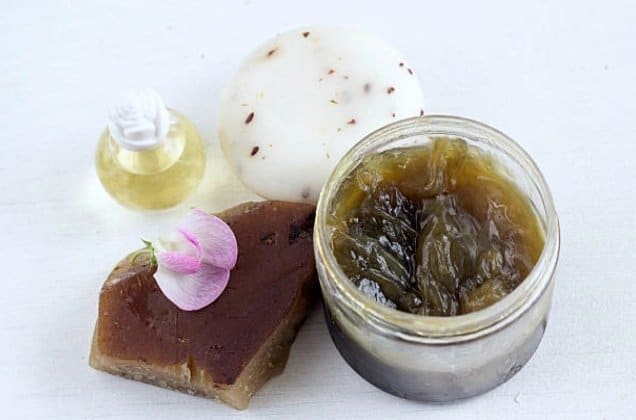
Certain cleaning products combine cleanliness and shine in a single gesture. In fact, they are ideal for bringing shine to the faucet while treating large stains encrusted with limescale or dried food. This is the case with white vinegar. spray generously on the dirt, rub and leave to act for at least an hour. Indeed, the latter is merciless with hard water stains and anything that tarnishes stainless steel. This is therefore the best way to quickly restore all its beauty to stainless steel. A few drops of household alcohol on a clean cloth can also do the trick to clean dirt and degrease the sink.
3) Black soap or clay stone
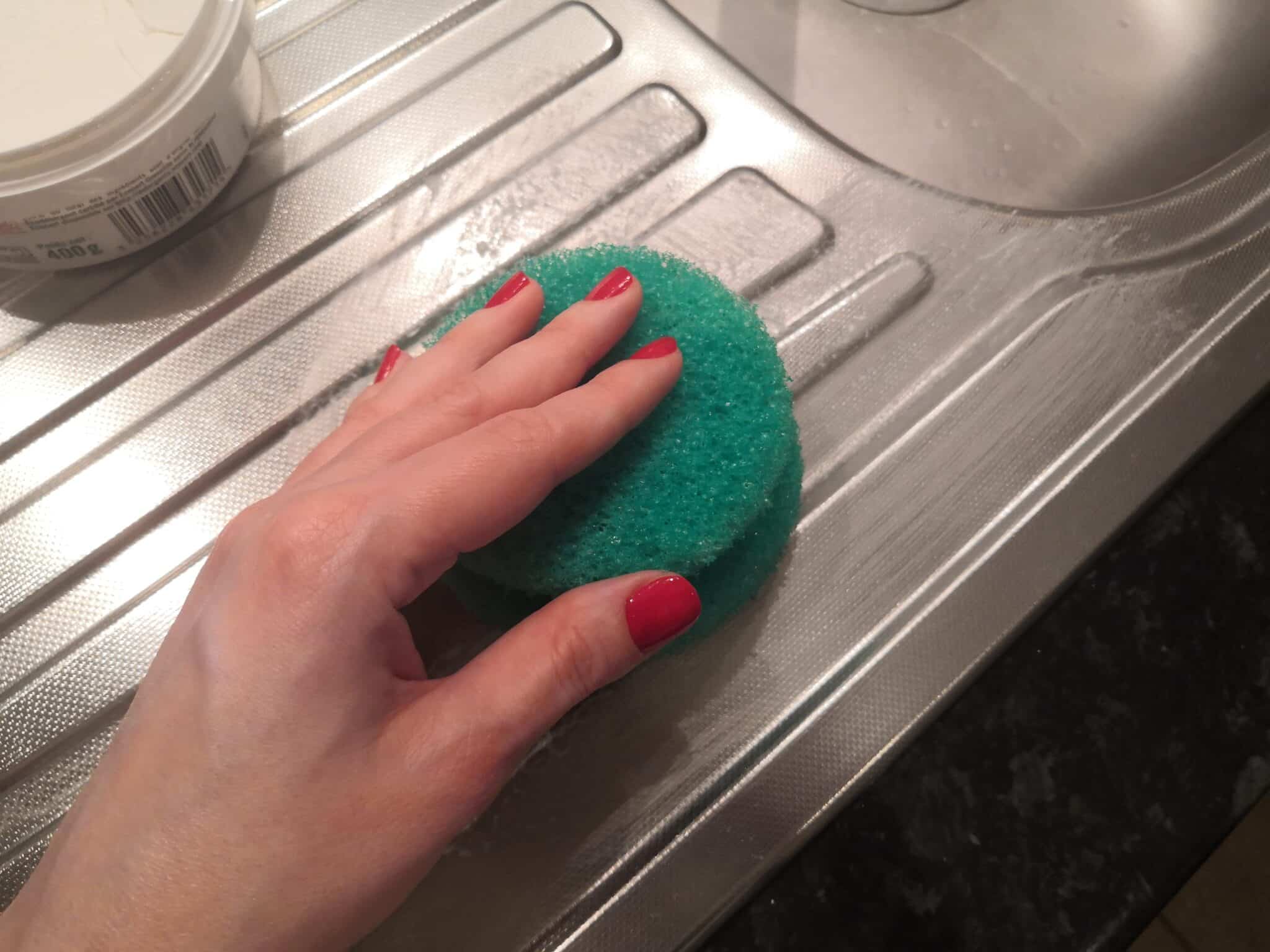
Otherwise, you can use your black soap to do this cleaning if you are lucky enough to have some. As with Marseille soap or dishwashing liquid, fat cannot resist it. Finally, think about citric acid for sinks that are very difficult to clean. Of course, it is restrictive to use, because you have to protect your hands with gloves, but it is incredible! Rub the surfaces to be treated with a solution made from 2 tablespoons of citric acid and 1 L of hot water. A little clay stone on a damp sponge will also allow good cleaning of dirt on the taps.
4) Flour to polish your sink in a single step
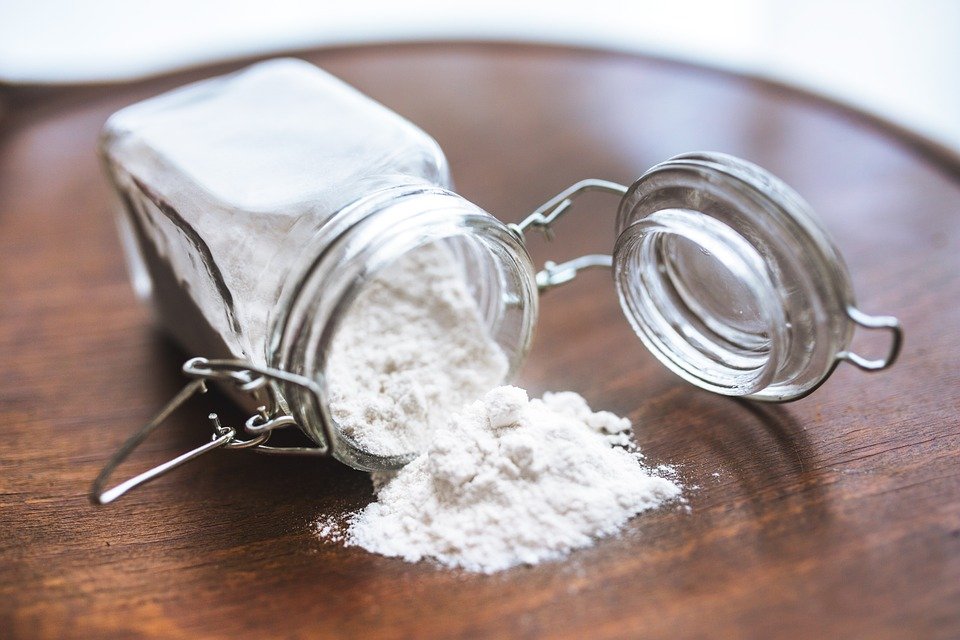
After a quick clean with soapy water, grab your packet of flour! Of course, there is no question of preparing brioches in the sink… In fact, it will allow you to scrape gently to enhance the steel. In passing, note that you can replace it with baking powder: either will give satisfactory results. Just sprinkle one of these powders in the sink and come polish with a soft damp cloth or sponge. After this, rinse and admire the renewed shine of the sink that you wanted to make shine. This easy solution with another kitchen staple remains one of Grandma’s favorites. It’s hard to get cheaper than that!
5) Le bicarbonate
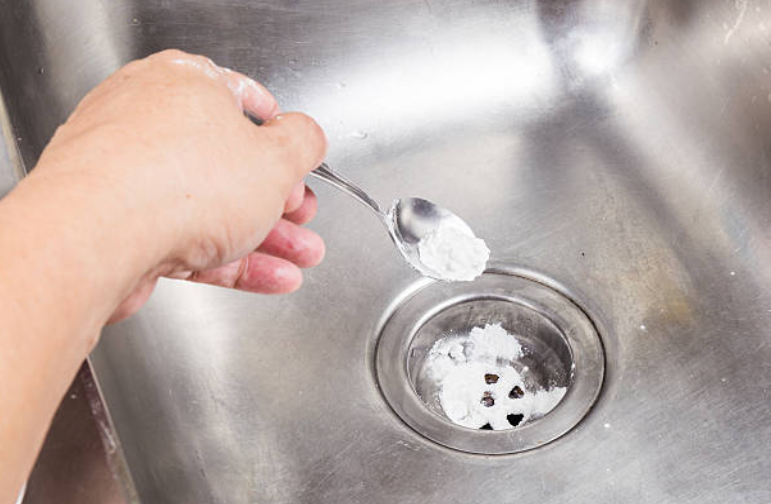
It is excellent for unclogging sinks where water is difficult to drain and removing bad odors. However, it doesn’t stop there! By making a paste made from water and baking sodayou will get a wonderful mixture to make your sink shine. That said, be careful not to scrub too hard with the sponge or microfiber cloth so as not to cause scratches. In addition, it is not necessary given its effectiveness. So, stick to gentle circular movements! Moreover, those who have Meudon white will be happy to know that they can also use it in their sink to scrub it. To do this, follow the same steps as for baking soda and this should quickly restore its shine.
What are the tips to avoid to clean and shine the stainless steel sink?
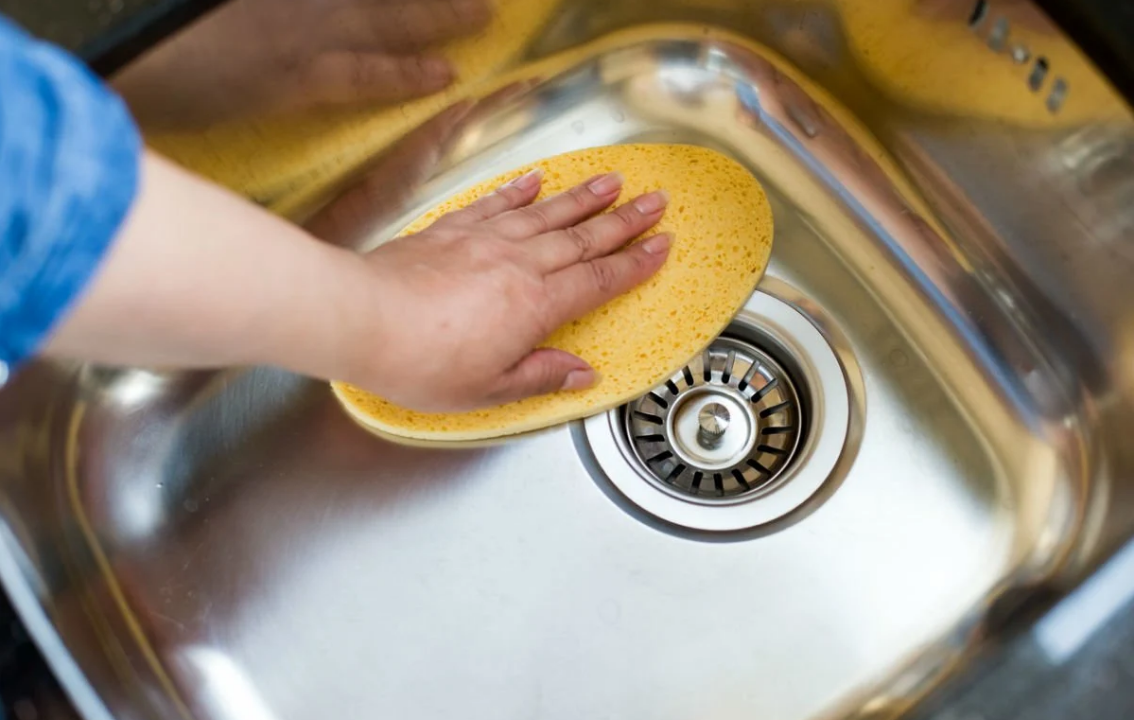
Using too much cleaning product
It is believed that using a lot of detergent will allow for better cleaning. However, in reality, we risk having the opposite effect. In addition to the long and difficult rinsing to be expected, excessive use of cleaning product can indeed leave residue or traces on the surface of the stainless steel. This can not only alter its aesthetic appearance, but also make the surface sticky and attract dirt. So be sure to use a small amount of cleaning product diluted with water and rinse and dry the surface well after cleaning to avoid residue.
Use abrasive tools or cleaners
THE abrasive tools, such as scouring pad or metal spongeoften contain hard particles that can scratch the surface of stainless steel. However, scratches can not only tarnish the appearance of stainless steel, but also create areas conducive to corrosion. It is best to use soft microfiber sponges, cotton cloths or soft bristle brushes for highly effective and mess-free cleaning.
In the same vein, cleaning products containing abrasive or acidic ingredients, such as ammonia, bleach, or hydrochloric acidcan also damage the surface of stainless steel. They can cause staining, discoloration or even corrosion. So use household products specially formulated for stainless steel or one of the gentle solutions mentioned above.
Cleaning against the grain, the worst idea to make the sink shine
A bit like wood, stainless steel has a grain which can be visible on its surface. Rubbing against the grain can then cause scratches or marks on this surface. Better this way clean stainless steel in the direction of the grain to avoid damage and to obtain a better cleaning result. The shine will be optimal!
Leave traces of water, enough to tarnish the steel…
Drops of water left to dry on the surface of the stainless steel can leave unsightly stains or limescale deposits. To avoid this, it is important to dry the surface with a soft, clean cloth after cleaning. This will preserve the shine of the stainless steel and prevent the accumulation of unwanted deposits. If you also do this on the kitchen sink after washing the dishesyou will also avoid having to regularly do long and tedious cleanings!


